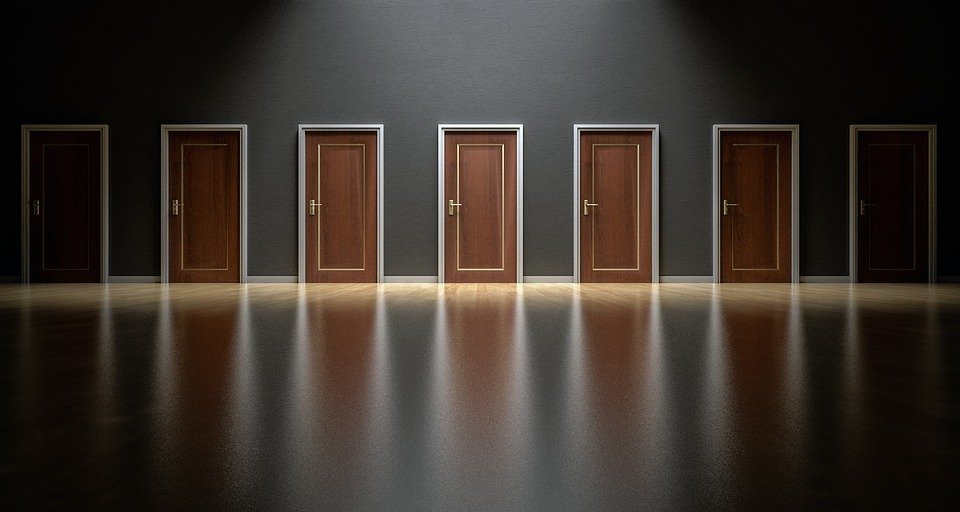The Power of History: Why It’s Vital to Preserve and Learn from the Past
Introduction
History is not merely a collection of events that have already occurred. It is a powerful tool that enables us to understand the present and shape the future. By preserving and learning from the past, we can gain valuable insights into human behavior, societal patterns, and the consequences of our actions. This article explores why history is vital and the importance of preserving and learning from it.
The Significance of Preserving History
Preserving history is crucial for various reasons:
1. Cultural Heritage
History is the foundation of our cultural heritage. It provides a sense of identity and belonging, allowing us to understand our roots and appreciate the diverse tapestry of human civilization. By preserving historical artifacts, buildings, and traditions, we can ensure that future generations have a tangible connection to their past.
2. Lessons for the Present and Future
Studying history reveals patterns and themes that repeat throughout time. By examining past events, we can identify the causes and consequences of certain actions, enabling us to make more informed decisions in the present. History teaches us valuable lessons about the human condition, politics, economics, and social dynamics, which can guide us towards a better future.
3. Avoiding Repetition of Mistakes
The famous quote, “Those who cannot remember the past are condemned to repeat it” by philosopher George Santayana emphasizes the importance of learning from history. By understanding the mistakes and failures of the past, we can avoid making similar errors in the future. History provides us with a wealth of knowledge that can help us navigate complex issues and prevent the recurrence of devastating events.
The Power of Learning from History
Learning from history allows us to:
1. Develop Critical Thinking Skills
Studying history encourages critical thinking and analysis. It requires examining different perspectives, evaluating evidence, and drawing logical conclusions. By engaging with historical narratives, individuals develop skills that are transferable to various aspects of life, such as problem-solving, decision-making, and evaluating sources of information.
2. Foster Empathy and Understanding
History offers insights into the experiences of people from different times and cultures. It fosters empathy by allowing us to walk in the shoes of those who came before us. By understanding the struggles, triumphs, and challenges faced by individuals in the past, we can develop a greater appreciation for the diversity of human experiences and cultivate empathy towards others.
3. Shape Collective Memory
History shapes collective memory and identity. It helps us remember significant events and honor the sacrifices made by previous generations. By acknowledging and learning from historical injustices, societies can strive towards reconciliation and justice. Collective memory enables societies to heal, grow, and build a better future based on the lessons learned from the past.
Frequently Asked Questions (FAQs)
Q: Why is it important to study history?
A: Studying history is important because it provides us with a deep understanding of our past, guiding our decisions in the present and shaping our future. It teaches us valuable lessons, fosters critical thinking skills, and helps us avoid repeating the mistakes of the past.
Q: How does history help us avoid repeating past mistakes?
A: History provides us with insights into the consequences of certain actions and decisions. By examining past mistakes, we can gain a better understanding of their causes and effects. This knowledge allows us to make more informed decisions and avoid repeating the same mistakes that have led to disastrous outcomes in the past.
Q: What can we learn from studying history?
A: Studying history teaches us about the human condition, politics, economics, social dynamics, and cultural diversity. It helps us understand societal patterns, learn from past successes and failures, and develop critical thinking skills. History also fosters empathy, encourages cultural appreciation, and shapes collective memory.
Q: How does history contribute to cultural heritage?
A: History forms the basis of our cultural heritage. It includes historical artifacts, buildings, traditions, and stories that are passed down through generations. Preserving history ensures that future generations have a connection to their past, allowing them to understand their cultural roots and appreciate the richness and diversity of human civilization.
Q: How can individuals contribute to preserving history?
A: Individuals can contribute to preserving history by supporting museums, historical societies, and preservation organizations. They can also participate in local history projects, document oral histories, and engage in historical research. Additionally, individuals can visit historical sites, learn about their own family history, and pass down stories and traditions to future generations.
Conclusion
History holds immense power in shaping our understanding of the world and guiding our actions. Preserving and learning from the past is vital for cultural heritage, avoiding repetition of mistakes, and developing critical thinking skills. By appreciating the power of history, we can ensure a brighter future based on the lessons and wisdom gained from our past.

